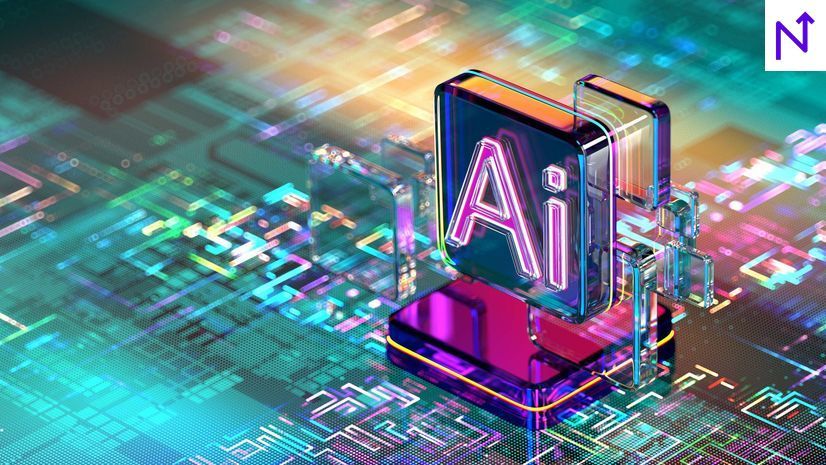People & Workplace NEWS
Adapting to AI: The Future of IT Jobs

By Umesh Atwal
02 Mins read | Updated on August 30, 2025
Summary
Learn how AI is reshaping the IT industry, causing shifts in job roles and emphasizing the need for continuous upskilling to stay relevant in a rapidly changing technological landscape.

The accelerating adoption of Artificial Intelligence (AI) is reshaping the landscape of the IT industry, unlike anything seen before. Tech layoffs in 2025 are not merely reactions to economic downturns but rather a response to the irreversible wave of automation propelled by AI technologies. Over 80,000 tech employees have lost their jobs this year alone, marking a significant shift in the nature of workforce displacement.
AI is no longer a futuristic trend; it is now woven into the core operations of various industries. It has evolved from being experimental to executing essential tasks autonomously. This advancement has led to a decline in roles that involve routine tasks, maintenance, and traditional IT support. The World Economic Forum's Future of Jobs Report predicts a loss of 92 million jobs by 2030 due to these rapid technological advancements.
In this rapidly evolving landscape, the key question for professionals is how to remain indispensable. Continuous upskilling has become imperative in an AI-driven economy, where the value of skills diminishes rapidly over time. Fields such as machine learning, data science, and generative AI have become fundamental for maintaining competitiveness in the market.
The impact of AI extends beyond traditional tech roles, influencing sectors like finance, healthcare, and marketing by revolutionizing processes and driving innovation. Professionals who can effectively integrate AI into their work and adapt to changing technology trends will lead the way in this new era.
The IT job market in 2025 remains stable yet selective, with a focus on roles that demonstrate a clear return on investment. Employers are reallocating talent towards AI, cloud, data, and security roles while streamlining operations around impactful areas. The demand for cybersecurity, cloud architecture, data engineering, and applied AI skills is on the rise, highlighting the need for continual upskilling.
To safeguard against potential job losses in the age of AI, IT professionals are advised to enhance their skills in areas like cloud engineering, data analytics, and AI governance. Being adaptable, showcasing tangible contributions to the organization, and staying abreast of technological advancements are crucial strategies to navigate the evolving IT landscape successfully.
As AI reshapes the workforce, organizations are encouraged to invest in upskilling their employees rather than resorting to mass layoffs. By prioritizing employees who embrace technological changes and providing opportunities for retraining, businesses can adapt to the evolving IT landscape while retaining valuable talent. In an era where AI is transforming industries at an unprecedented pace, agility and continuous learning are the keys to thriving in the digital age.







